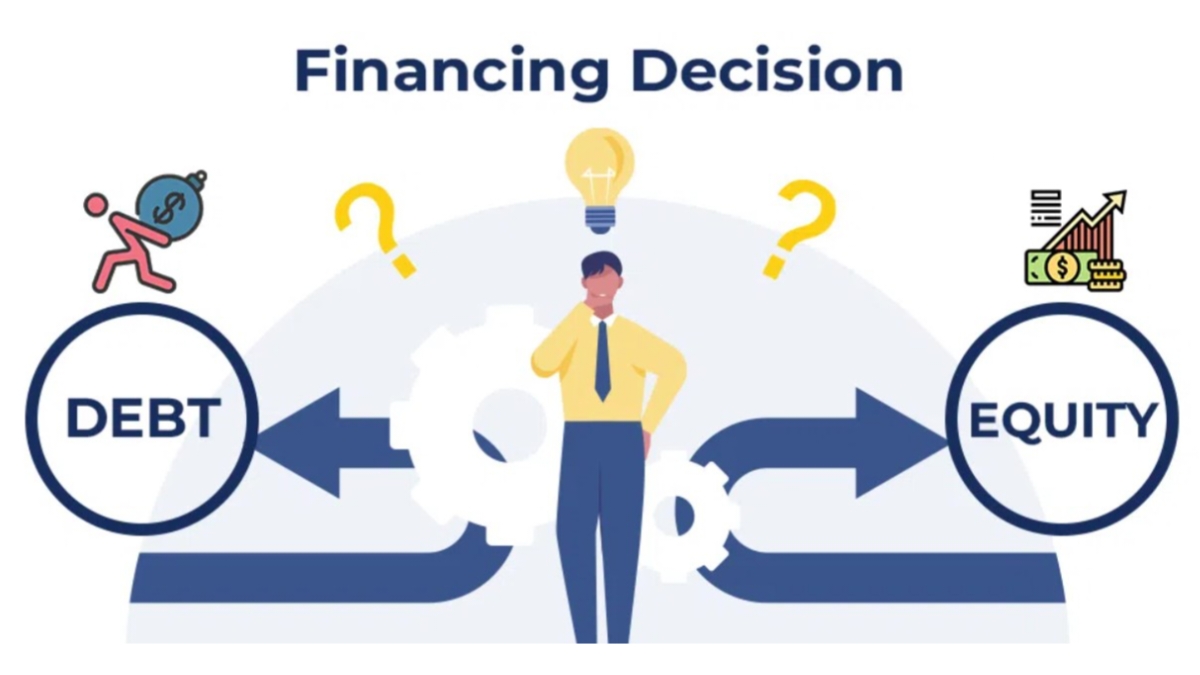The purpose of this guide is to provide individuals with a comprehensive understanding of the impact of economic trends on personal finance and investment decisions. In an increasingly complex and interconnected global economy, knowledge about economics and finance is a valuable asset for everyone, from seasoned investors to those just starting their financial journey.
The Interplay of Economics, Finance, and Investments
Economics is the study of how societies allocate limited resources to satisfy unlimited wants and needs. Finance, on the other hand, deals with the management of money and assets. The interplay between these two disciplines shapes the financial landscape, influencing investment opportunities, personal financial decisions, and overall economic well-being.
Structure of the Guide
This guide is structured to provide a comprehensive overview of economic concepts, indicators, and their impact on personal finance and investments. It will equip readers with the knowledge and tools needed to make informed financial decisions in various economic environments. Whether you seek to build wealth through investments, manage personal finances more effectively, or simply understand the forces shaping the economy, this guide is your roadmap to financial empowerment.
Understanding Economic Fundamentals
What Is Economics?
It encompasses both microeconomics, which examines individual and small-scale economic decisions, and macroeconomics, which focuses on the broader economic trends and aggregates.
Macroeconomics vs. Microeconomics
Understanding the distinction between macroeconomics and microeconomics is essential. Macroeconomics deals with topics like overall economic output, inflation, and unemployment, while microeconomics explores the behavior of individual consumers and firms in the market.
Key Economic Concepts
Key economic concepts include supply and demand, opportunity cost, production and consumption, market structures, and economic systems. These concepts underpin economic decision-making at all levels.
Economic Systems and Models
Different economic systems, such as capitalism, socialism, and mixed economies, allocate resources and wealth differently. Economic models, such as the circular flow model and production possibilities curve, help illustrate economic concepts.
The Role of Government in Economics
Governments play a crucial role in economic management, influencing areas like fiscal policy (taxation and government spending), monetary policy (control of the money supply), and regulation of industries. Understanding government’s impact on the economy is vital for individuals and investors.
Economic Indicators and Their Significance
Gross Domestic Product (GDP)
GDP measures a country’s economic output and is a critical indicator of economic health. Understanding GDP growth rates and components (consumption, investment, government spending, net exports) is vital for gauging economic trends.
Inflation Rate
Inflation, the increase in the general price level over time, erodes purchasing power. Investors and individuals must grasp the impact of inflation on asset values and cost of living.
Unemployment Rate
The unemployment rate reflects the percentage of the labor force without jobs. It impacts income levels, government policies, and overall economic stability.
Interest Rates
Interest rates set by central banks influence borrowing costs, investment decisions, and the performance of various asset classes. Investors must comprehend the relationship between interest rates and investment returns.
Consumer Confidence Index
Consumer confidence reflects public sentiment about the economy. It influences consumer spending, which, in turn, affects economic growth.
Stock Market Indices
Stock market indices, like the S&P 500 and Dow Jones Industrial Average, serve as barometers of economic sentiment.
Housing Market Indicators
Housing market indicators, including home prices, mortgage rates, and housing starts, offer insights into the broader economy. These indicators impact both personal finance and real estate investments.
The Business Cycle and Its Phases
Expansion Phase
The expansion phase is characterized by economic growth, increasing GDP, and low unemployment. Investors often see rising stock markets and higher investment returns during this phase.
Peak Phase
Investors should be cautious of potential market corrections during this phase.
Contraction Phase
The contraction phase involves economic decline, falling GDP, and rising unemployment. Investors often seek defensive strategies to protect their portfolios.
Personal Finance Basics
Budgeting and Financial Planning
Budgeting is the foundation of personal finance. Creating a budget helps individuals allocate income effectively, save for goals, and manage expenses.
Emergency Funds and Savings
Emergency funds provide financial security in unexpected situations. Saving and investing are essential for achieving financial goals.
Debt Management and Credit Scores
Effective debt management includes paying down high-interest debt and maintaining a healthy credit score. Debt levels impact financial flexibility.
Economic Trends and Personal Finance
Economic Growth and Income
Economic growth often leads to increased income opportunities. Individuals should seek to optimize income during expansion phases.
Inflation and Purchasing Power
Inflation erodes the purchasing power of money. Savers and investors must consider ways to protect against inflation’s impact.
Unemployment and Job Security
Unemployment can affect personal income and financial stability. Diversifying income sources and maintaining employability are key.
Conclusion
Key Takeaways
This guide has provided an extensive exploration of the interplay between economic trends, personal finance, and investment decisions. Key takeaways include the importance of understanding economic indicators, the significance of asset allocation and diversification, and the influence of behavioral biases on financial choices.
Continuous Learning and Adaptation
The world of economics and finance is dynamic. Continuous learning, staying informed about economic trends, and adapting financial strategies are essential for long-term financial success.
Empowering Personal Finance through Economic Understanding
By grasping the impact of economic trends on personal finance and investment decisions, individuals can make informed choices, secure their financial future, and work toward their financial goals. Financial empowerment through economic understanding is within reach for anyone willing to embark on this knowledge journey.












